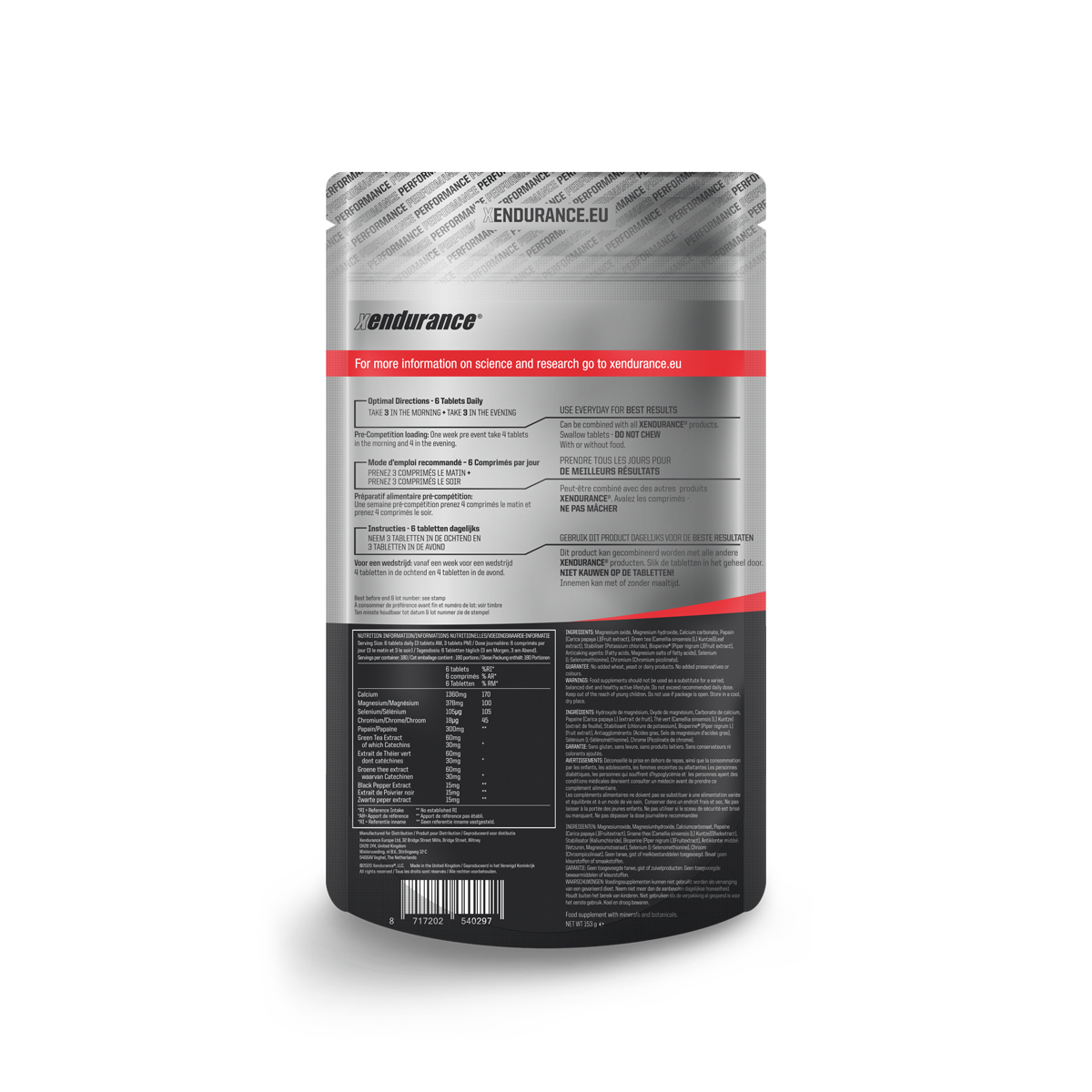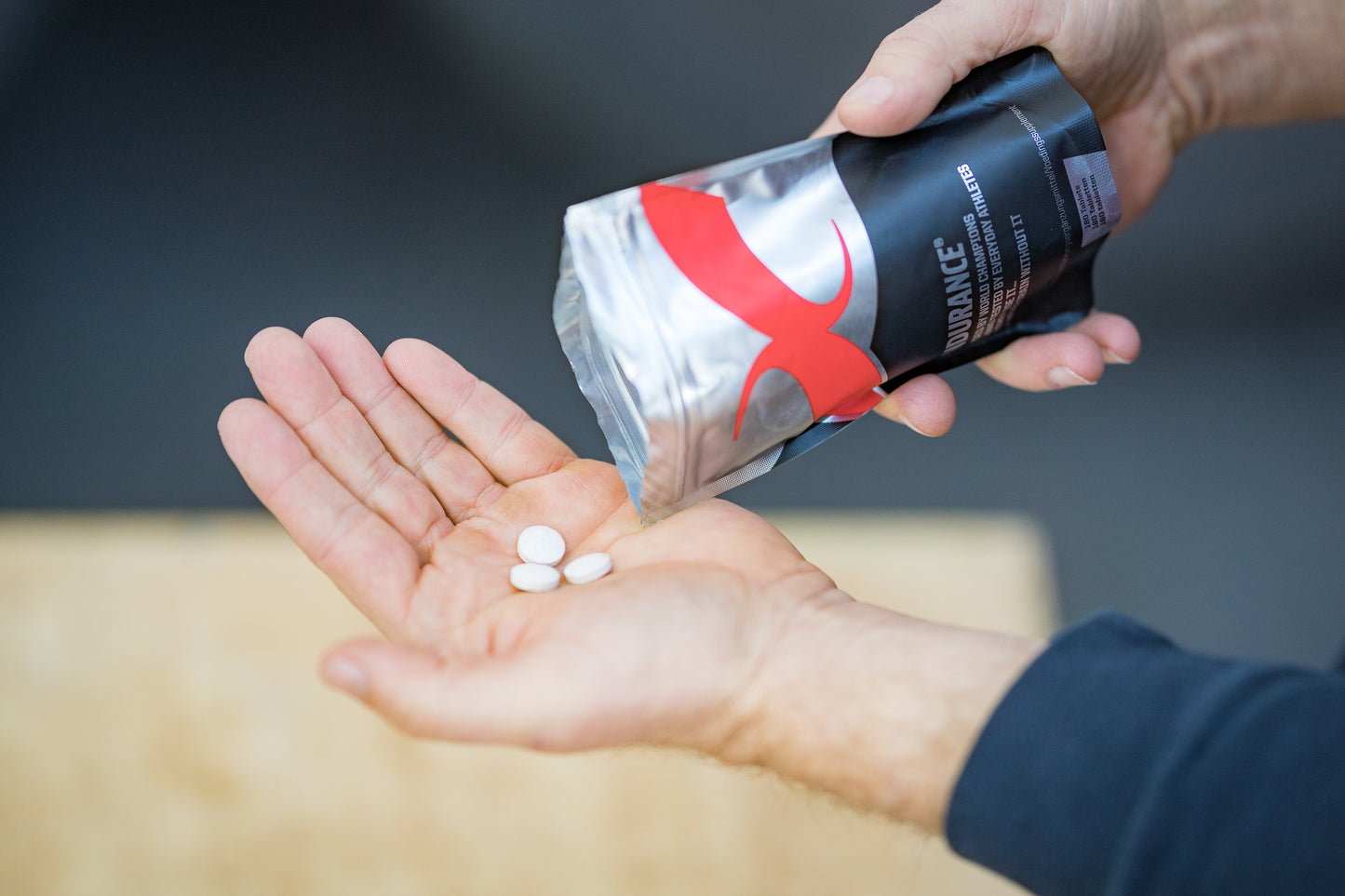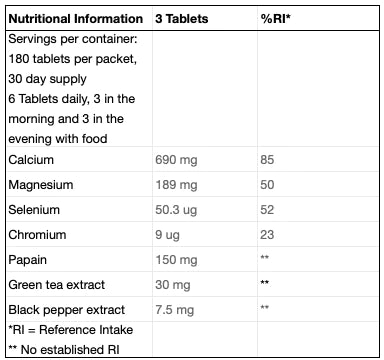Share
Many people have heard of a low carbohydrate high fat diet. It has many other names depending on who you talk to: Ketogenic Diet, Atkins Diet for example. Here we discuss whether high fat diets can help with endurance performance and weight loss.
What is the fuss about?
It’s all about energy stores. Your body has 2 main energy stores. Carbohydrates in the form of glycogen and fat in body fat. Your body stores around 300g of glycogen. 300g of carbohydrate can only sustain 1 hour of exercise. Fat on the other hand is abundant in our bodies. Even the leanest individuals have kilos of fat! Fat has more calories per kilo than carbohydrates too, 1kg of fat is 9000kcal compared to 4000kcal in 1kg of carbohydrate. As a result if we can train our bodies to use fat instead of carbohydrates we can tap into big energy reserves, lose body fat and are not reliant on eating during endurance exercise to top up carbohydrate stores.
How is it done?
Research shows 2 – 4 weeks eating 60 - 80% of your calories from fat leads to adaptations in your body allowing more fat to be used as fuel at equivalent intensities. You can achieve smaller adaptations by training with low carbohydrate stores. For example training fasted or completing 2 sessions a day where the initial session drains carbohydrate stores.
In this image you can see carbohydrate burning (oxidation is a fancy word for burning) decreased after following a ketogenic diet. You can also see Fat burning increased after following a ketogenic diet.
(HCHO = High Carb diet, K-LCHF = Ketogenic Low Carb high Fat Diet)
Graph from Burke 2021
What are the benefits?
Research shows high fat diet lead to less carbohydrate used as fuel at aerobic intensities of exercise (up to 70% of your VO2 Max). This is relevant to endurance athletes competing in events >3 hours long as you can eat less during the event and reduces hypoglycaemia (bonking). An increased ability to burn fat also increases ability to lose body fat.
Why doesn’t everyone do this?
In all studies exploring ketogenic diets athletes drop out because they can’t follow the high fat diet. Depending on certain genetics a high fat diet will suit some people more than others. This means the athletes left in the research are more likely to show positive responses.
The other issue is you lose your top end speed and power. As your body gets better at using fat it gets worse at using carbohydrates. Carbohydrates are needed for anaerobic exercise and if you lose the ability to use carbohydrates you lose the ability to perform anaerobic activities.
Removing carbohydrates from your diet removes most fibre, reduces fruit and vegetable intake and reduces most B Vitamin intake. As a result it requires careful planning to avoid deficiencies. For this reason supervision by a professional is recommended.
Summary
- A high fat diet trains your body to use more fat during aerobic exercise. This can be beneficial in endurance events where it is hard to eat enough carbohydrate to match demand.
- Using fat as fuel comes the cost of being unable to perform high intensity exercise. This is the case even if you suddenly eat carbohydrates.
- High fat diets do not increase performance in endurance sport, but can mean you are free from eating carbohydrates during your events.
- Training fasted or multi session days can give you similar benefits to training with a high fat diet.
Written by: Sam Twine Qualified Sports Dietician, need a race nutrition plan or a diet plan to help you with weight loss? Contact Sam at samtwinesportsdietitian@gmail.com or check out his website here.
References
Burke, L. M. (2021). Ketogenic low-CHO, high-fat diet: the future of elite endurance sport? Journal of Physiology, 599(3), 819–843. https://doi.org/10.1113/JP278928
Burke, L. M., Hawley, J. A., Angus, D. J., Cox, G. R., Clark, S. A., Cummings, N. K., Desbrow, B. E. N., & Hargreaves, M. (n.d.). Adaptations to short-term high-fat diet. 4, 83–91.
Gaesser, G. A. (2015). Carbohydrates, performance and weight loss Is low the way to go or the way to bonk? Agro Food Industry Hi-Tech, 26(6), 35–38.
Walsh, N. P. (2018). Recommendations to maintain immune health in athletes. European Journal of Sport Science, 18(6), 820–831. https://doi.org/10.1080/17461391.2018.1449895









